The Game of Research
The ups and downs of a research project can make it feel like a game—our team decided to make it playable at home.
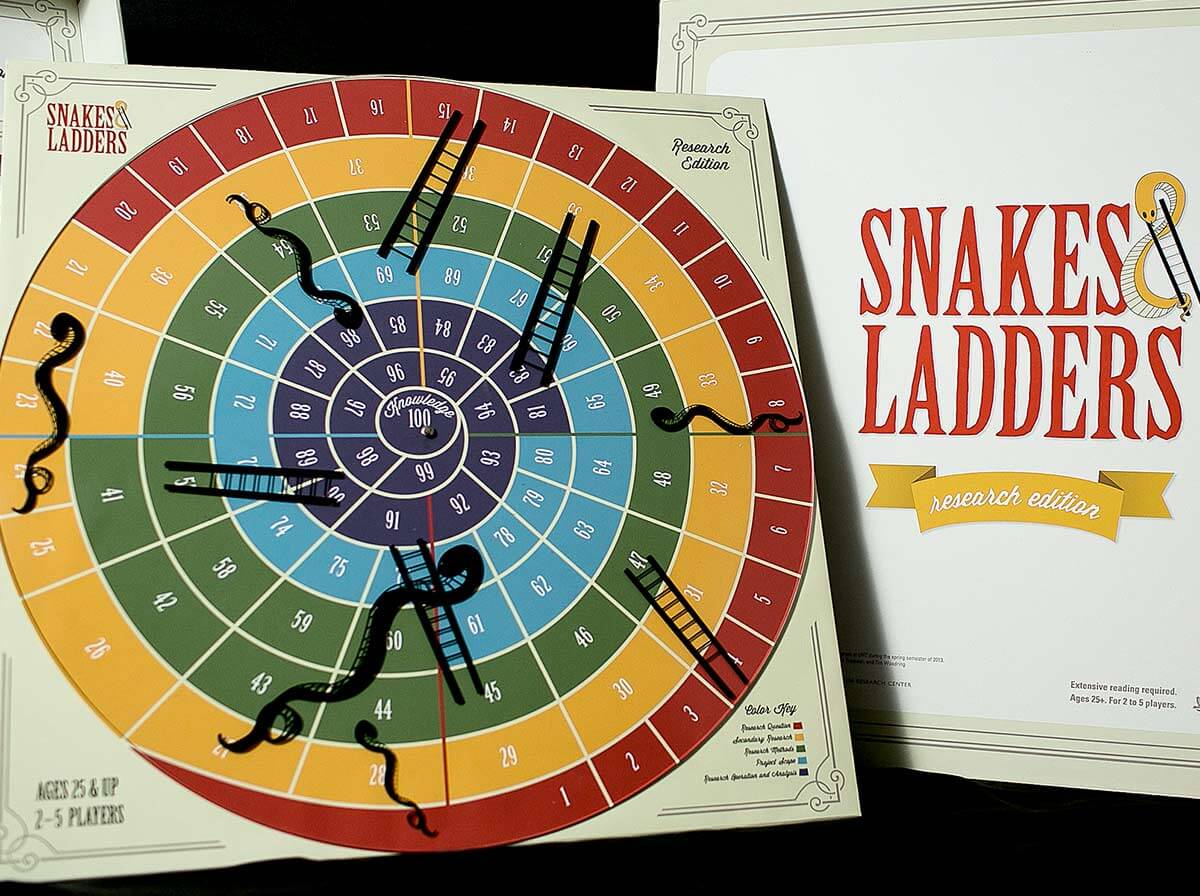
There are tons of books on research processes and methodologies but none of these books can capture what it’s like to experience the highs and lows of research. This is why our team of MFA students in Applied Design Research at the University of North Texas chose to create a game to capture the successes and setbacks researchers encounter when conducting a project. The result was Snakes and Ladders, Research Edition, and as fun as it was to think through and create, the reason it exists is because our team failed. Big time.
The team for this project included:
Jessica Burnham, Holly Cole, Barbara Trippeer, Tim Woodring, and myself.
Mapping Gone Wrong
The initial assignment given to our cohort was to map something. Our team (Pit Dragons) decided to map social networks in the City of University Park, near Dallas, Texas. I won’t go into details about the project now, but to summarize it, our team did fieldwork in University Park, conducting observations and interviews with people who lived and worked there. Our theory going into the project was that the most influential people in University Park were the people who worked there but couldn’t afford to live there. This included people largely in service industries in University Park. We were interested in:
- analysis of under-appreciated people groups
- conflicting mechanisms of communication
- reinforcement of unexpected relationships within a given environment
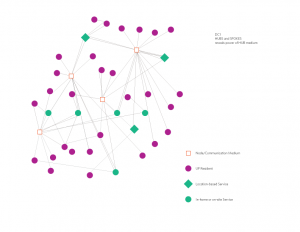
After weeks of doing secondary research via an extensive literature review as well as gathering data in the field and via a survey we operated through Design Workbench we came to a conclusion: our research process was flawed. We got some great data, but at the end of the day, our research didn’t reveal what we had hoped.
While our work didn’t pay off in discoveries about University Park, it did focus our team on the research process itself, and birthed a phrase our team wore like a badge of honor:
Failing is not failure.
Snakes and Ladders, Research Edition
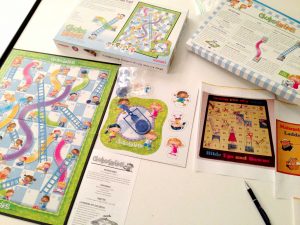
Snakes and Ladders is an ancient Indian board game upon which Milton Bradley’s Chutes and Ladders is based. We chose this framework for our game to highlight how a researcher’s deeds can have profound impacts upon a project but at the same time, unanticipated twists and turns that are outside of the researcher’s control can also impact research. The game board and content was broken down into several sections that align with the research process:
- Research Question
- Secondary Research
- Research Methods
- Project Scope
- Research Operation and Analysis
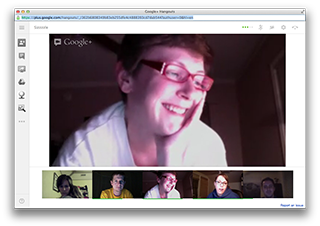
The game board was designed so the transparent overlay that depicted the snakes and ladders could be rotated at the start of the game to ensure each time it was played, the pitfalls and successes would be positioned differently (like research!). The object of the game was to start on square one and take turns rolling dice to move their player piece toward the center of the board, following sequential numbers moving through the phases of a research project (listed above).
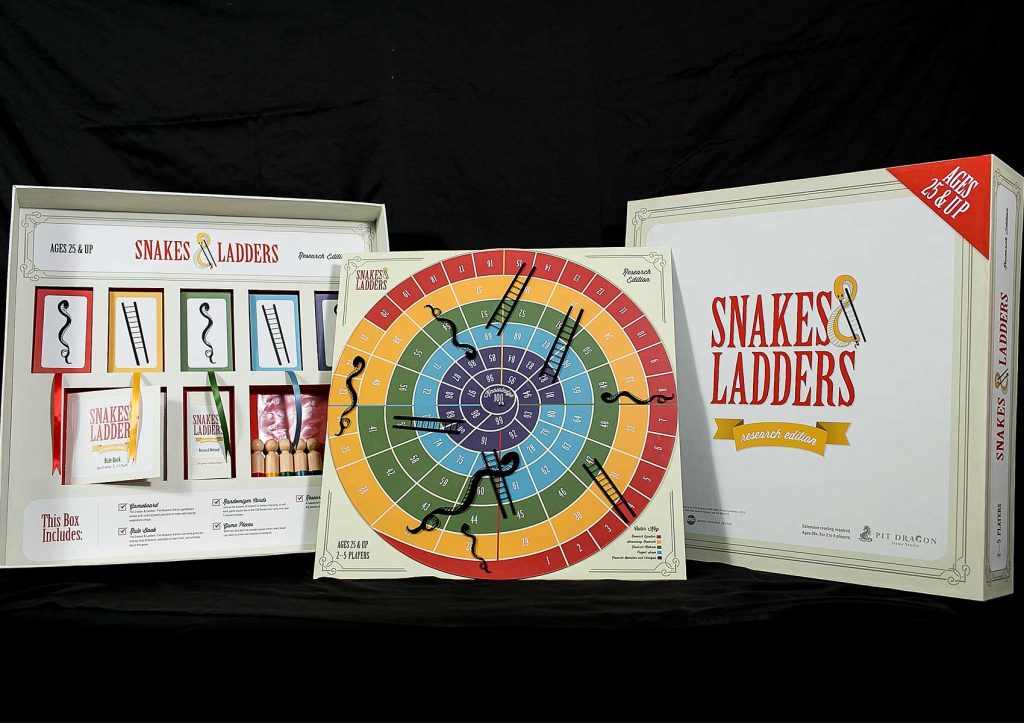
Along the way, ladder and snake “randomizer cards” would be drawn when players would land on snakes or ladders, adding research narrative to the game. Ladder cards were positive outcomes during research and snake cards were negative outcomes during research. These cards included phrases like:
Ladder Cards
Woohoo! Your Research Question is valid. All good research questions are repeatable, generalizable, and valuable.
Woohoo! Your Secondary research supports your Research Question! Conducting Secondary Research can prove the validity of your Research Question and can help determine if the research will provide new knowledge.
Woohoo! Your Research Methods are appropriate for your Research Question. There are many types of Methodology that can be used for research, you have chosen the most effective one for your Research Question.
Woohoo! The Scope of your Research Project is appropriate. The Scope of your Research Project is a major factor in its success. A good project scope has a reasonable time frame and uses a reasonable number of participants, resources, and data collectors.
Wohoo! Your Research Operation and Analysis are successful! The questions you asked provided valuable and new information, the majority of the answers you received fell into the parameters of the project and your data gleaned is qualifiable or quantifiable.
Snake Cards
Bummer! Your Research Question is invalid. Your Research cannot be applied to other populations, topics, or problems.
Bummer! Your Secondary Research does not support your Research Question! Your Research Question has been proven invalid by other experts with prior research.
Bummer! Revising your Research Strategy too often: Being overly influenced by outside factors.
Bummer! Your Research Methods are not appropriate for your Research Question. The Methodology you chose to employ is not appropriate for your Research Question, it will not give you the answers you need.
Bummer! The Scope of your Research Project is inappropriate. The Scope of your Research Project is too small – it has either too few participants, not enough resources or you don’t have enough time to operate your project successfully.
Bummer! Your Research Operation and Analysis are unsuccessful! The questions you asked provided no new information or were not valuable to your topic.
Winning the “Game”
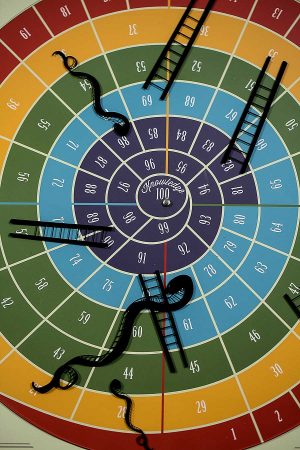
The winner of Snakes and Ladders, Research Edition would be the first to reach the “Knowledge Center” at the center of the board. The real winners of the game were our team—by failing in our initial study we learned a lot more about the research process and it has influenced my own research in a profound way. I’m more mindful of each of the steps along the way and am aware of what can go wrong and how to avoid the “snakes” of operating research.
Designing and building the game was almost as much fun as figuring it out.
Here are a few photos of the process and the end result.
Hey, this looks very interesting and a great fun way to teach students on what research is. Where can we purchase this game from ?
We did the game as a project so it never made it to full production. Now that I look back on it, I agree with you—it would be a helpful game!